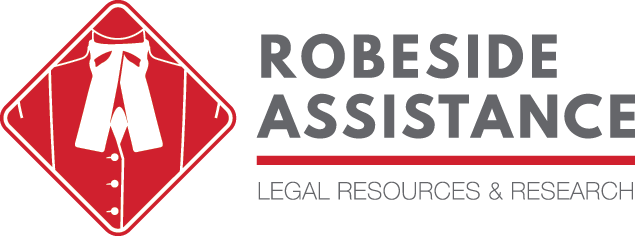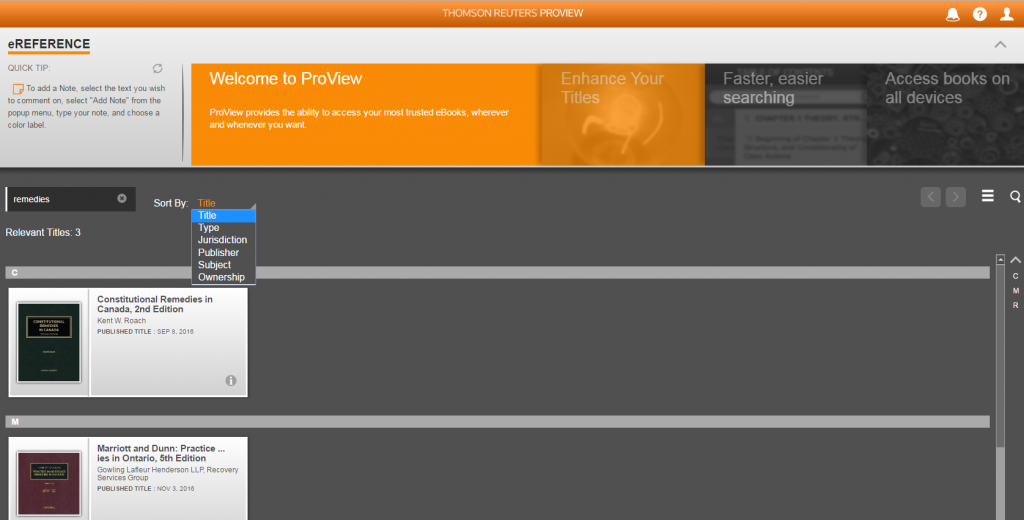We’ve had a couple inquiries for the O’Brien’s Jury Charges (also known as Civil Jury Charges) publication at the library now. It was first brought to our attention by a student tasked to find it, as it had been referenced in the case Iannarella v. Corbett, 2015 ONCA 110 (CanLII) as follows:
[8] In charging a jury regarding the onus of proof for rear-end motor vehicle collisions, trial judges often use a variation of the standard liability instruction from O’Brien’s Jury Charges (1998), which provides:
A prudent motorist should drive at such rate of speed with his vehicle under such control that he is able to pull up within the range of his vision. If there is any difficulty in seeing because of weather conditions, then common sense dictates that he should travel more slowly. In other words, “if you can’t see where you’re going don’t go”. If the road is icy or slippery, then even more care should be taken. In a case where a vehicle is struck without the driver of the rear vehicle having seen it until it was too late to avoid a collision, then you should ask yourselves; (1) Was he keeping a proper lookout? (2) If he was keeping the best lookout possible, was he going too fast for the lookout that could be kept in the circumstances?”
Members of the jury, generally speaking, when one car runs into another from behind, in the absence of any excuse for such a collision, the driver of the rear car must satisfy you that the collision did not occur as a result of his negligence.
Not being able to find the publication listed anywhere under that particular name, we began to suspect that perhaps it was associated with our other more prominent precedent set of a similar name, O’Brien’s Encyclopedia of Forms and Precedents. Search as we did though, we could find no evidence to that effect either.
So we starting asking around in our librarian circles. At first, except for references to the publication found in other cases as well, we could find no other trace.
Eventually, Jen managed to connect with someone at the National Judicial Institute, the only place we could find that actually had a copy, who had some more information on this little mystery. There is some question about whether the Jury Charges were written by Judge W. David Griffiths and later updated by Judge Joseph W. O’Brien, or vice versa, but either way it was an older set of charges from the late 1990s that seemingly had not been kept up to date, though still useful and quoted since. Since copyright and ownership was somewhat in question, it was clear that it was to remain an internal document available only to judges.
So while we couldn’t actually get our hands on a copy, we count that as a mystery solved.













